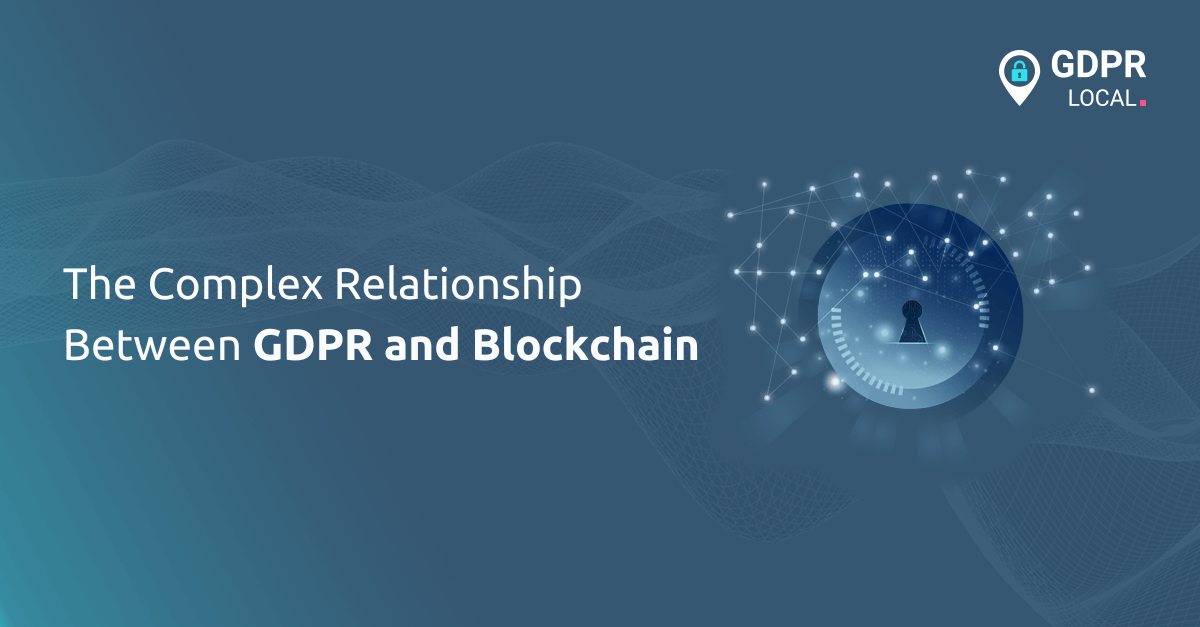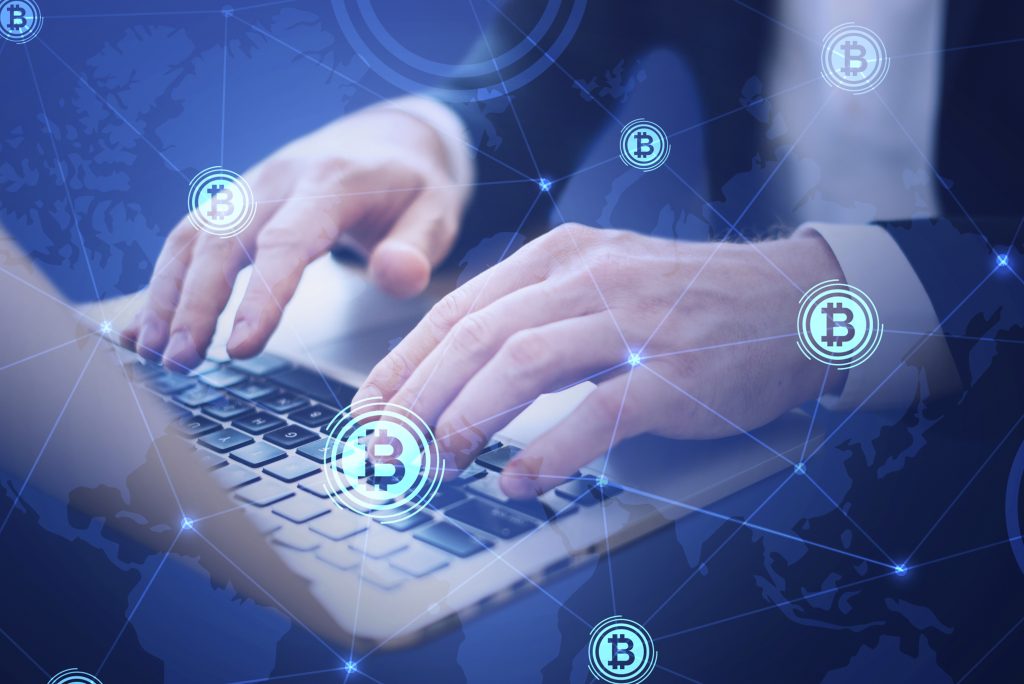
The Complex Relationship Between GDPR and Blockchain
Updated: August 2025
Blockchain technology has revolutionised various industries by offering enhanced security, transparency, and efficiency. However, as blockchain projects continue to proliferate, it becomes crucial to establish effective regulatory frameworks to ensure compliance. One such framework is the General Data Protection Regulation (GDPR), which aims to protect individuals’ privacy rights. In this article, we will explore the intricate interplay between GDPR and blockchain projects, the challenges and debates surrounding their relationship, and the importance of compliance in the evolving landscape of Web3.
Key Takeaways
1. A foundational conflict exists between the core principles of blockchain technology and the General Data Protection Regulation (GDPR). Blockchain’s design for immutability, where data cannot be altered or deleted, is in direct opposition to GDPR’s requirements, such as the “right to erasure” for personal data.
2. The stakes for non-compliance are high for Web3 projects. GDPR’s regulations extend globally, affecting any project that processes data from EU residents. Failure to meet these standards can result in significant fines, not just for data breaches but for insufficient security measures and reporting failures.
3. Compliance is achievable through proactive design and specific technologies. The text suggests that projects can align with GDPR by integrating “privacy by design.” This involves using cryptographic techniques like zero-knowledge proofs, minimising the data collected, building privacy functions into smart contracts, and performing continuous compliance audits.
Understanding GDPR in the Context of Blockchain
The GDPR, implemented in 2018, is a legal framework that governs the processing of personal data within the European Union. Its primary objective is to empower individuals by giving them greater control over their personal information while imposing strict obligations on entities handling such data. However, the decentralised nature of blockchain, where data is distributed across multiple nodes, initially led many to believe that it could inherently comply with GDPR. But the reality is more nuanced.
GDPR grants individuals several rights, such as the right to erasure, rectification, and access to their personal data. However, in a blockchain, once data is recorded, altering or deleting it becomes challenging due to the immutability feature. This immutability could potentially conflict with GDPR principles, making it essential to find a balance between the advantages of blockchain technology and the protection of personal data.
Debates Surrounding GDPR and Blockchain
The application of GDPR within the blockchain ecosystem has sparked intense debates within legal and technological circles. One fundamental question revolves around the compatibility of these two paradigms. Can the decentralised and transparent nature of blockchain align with the principles of data protection laid out by GDPR?
Privacy advocates argue that the pseudonymous nature of blockchain transactions may not be sufficient to protect individuals’ identities, especially when combined with other available data. On the flip side, proponents of blockchain emphasise its potential to enhance data security by minimising the risk of centralised data breaches. The ongoing debates continue to shape the evolving landscape of GDPR compliance within the blockchain industry.
Furthermore, the extraterritorial scope of GDPR adds an additional layer of complexity to compliance. Even blockchain projects operating outside the EU may find themselves subject to GDPR regulations if they process the data of EU residents. This poses challenges for global blockchain networks and requires careful consideration to ensure compliance.
Fines and Consequences: The Stakes for Web3 Projects
As the adoption of Web3 projects accelerates, the risks associated with non-compliance with GDPR come into sharper focus. Recent instances of data breaches and subsequent regulatory actions against Web3 projects have underscored the importance of diligently adhering to data protection regulations.
For instance, imagine a decentralised finance (DeFi) platform facing significant fines after a hacker exploits a vulnerability, leading to the exposure of sensitive user data. In such cases, fines would not only apply to the initial breach but also to the lack of robust security measures and failure to promptly report the incident, both of which contravene GDPR requirements. These examples highlight the need for Web3 projects to prioritise compliance to avoid severe consequences.
The Importance of Compliance in a Decentralised Ecosystem
Amidst the debates and challenges, the imperative of compliance with GDPR in blockchain projects cannot be overstated. The decentralised nature of blockchain should not be an excuse for neglecting regulatory obligations. Instead, it should serve as a catalyst for innovative solutions that reconcile the principles of decentralisation with data protection requirements.
To ensure GDPR compliance within the blockchain space, several key considerations should be taken into account:
Innovative Solutions for GDPR Compliance
Blockchain projects can explore cryptographic techniques, such as zero-knowledge proofs, to enable selective disclosure of information. This allows for GDPR-compliant data processing without compromising the fundamental tenets of blockchain. By employing these techniques, projects can strike a balance between privacy and transparency.
Smart Contracts for Privacy by Design
Integrating privacy features directly into smart contracts can foster “privacy by design.” This approach ensures that data protection is ingrained in the project’s architecture from its inception. By proactively considering privacy implications, blockchain projects can align with the principles of GDPR and build user trust.
Transparency and Consent
Transparency is a cornerstone of both blockchain and GDPR. Projects must ensure that users are well-informed about the processing of their data and obtain explicit consent when required. Smart contracts can automate the consent process while maintaining transparency, ensuring compliance with GDPR’s consent requirements.
Data Minimisation and Storage Limitation
Adhering to GDPR’s principles of data minimisation and storage limitation, blockchain projects should only collect and retain the data necessary for the intended purpose. This requires thoughtful design of data structures and storage mechanisms within the decentralised ecosystem. By minimising data collection, projects can reduce the risk of non-compliance.
Cross-Border Data Transfers
Given the extraterritorial reach of GDPR, projects must carefully navigate cross-border data transfers. Mechanisms such as standard contractual clauses or binding corporate rules can facilitate compliant data flows. By implementing these mechanisms, projects can ensure that data transfers outside the EU meet GDPR requirements.
Continuous Compliance Audits
The dynamic nature of blockchain projects necessitates ongoing compliance audits. Regular assessments can identify potential vulnerabilities and address them promptly, ensuring that the project evolves in tandem with the regulatory landscape. Partnering with trusted compliance experts, such as GDPRLocal, can provide comprehensive audits and guidance to ensure GDPR compliance within the blockchain ecosystem.

Conclusion
In conclusion, GDPR compliance is crucial for blockchain projects to maintain trust, protect user data, and uphold the principles of privacy and security. Striking a balance between the advantages of blockchain technology and the requirements of GDPR requires collaboration between legal experts, technologists, and regulators. By embracing innovative solutions and adopting proactive compliance measures, blockchain projects can create a sustainable and trusted decentralised ecosystem.
At GDPRLocal, we pride ourselves on being your trusted compliance partner, dedicated to providing support and guidance for blockchain projects. Our specialised expertise in data protection, coupled with a deep understanding of the intricacies of the blockchain industry, uniquely positions us to assist clients in successfully navigating the complex relationship between GDPR and blockchain technologies. Partnering with us can provide peace of mind and a reliable framework for GDPR compliance within the decentralised landscape of Web3.
For any more information, make sure to contact us at [email protected]